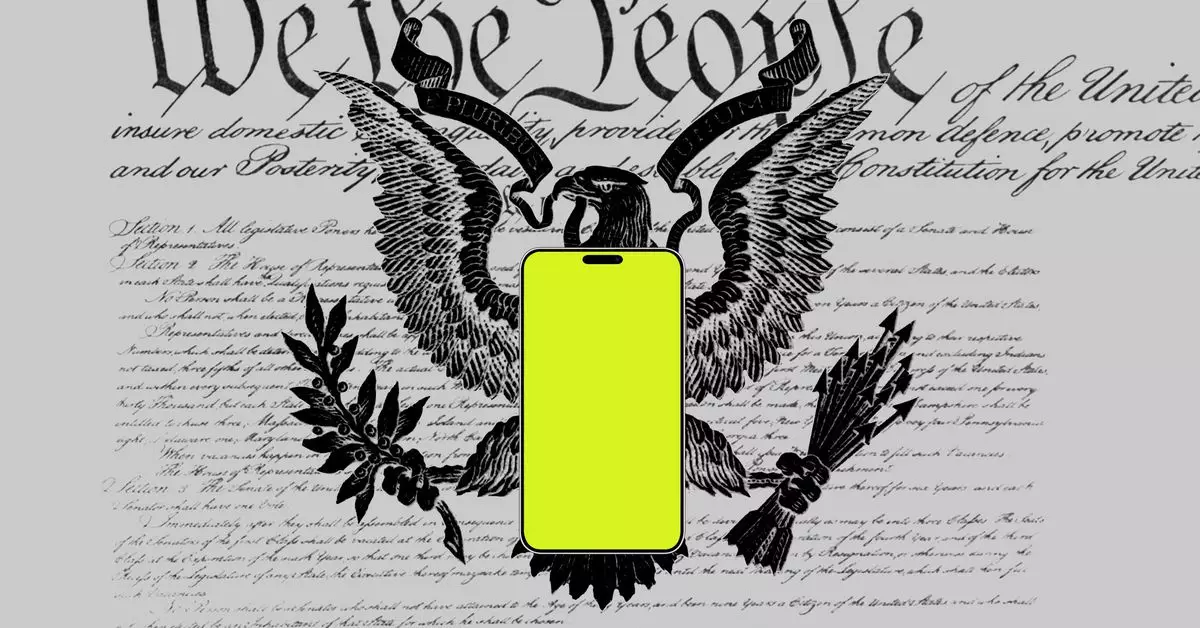In a significant triumph for consumers, the Federal Trade Commission (FTC) has reported a remarkable decrease in unwanted telemarketing calls, marking a 50% drop in complaints compared to 2021. This decline, as revealed in the FTC’s latest announcement, signifies not just a momentary dip but a broader trend of diminishing disturbances from telemarketers. With around 33,000 fewer complaints filed in the 2024 fiscal year, the efforts of government entities in combating these intrusive calls appear to be yielding tangible results.
The ongoing reduction in telemarketing calls can largely be attributed to a series of enhanced regulations and strategic enforcement efforts put forth by the FTC. Sam Levine, the Director of the Bureau of Consumer Protection, acknowledged that while illegal telemarketing calls remain a systemic issue, proactive measures taken by the FTC, such as targeting upstream players in the telemarketing pipeline and addressing the evolving landscape of telemarketing fraud, have played a crucial role in diminishing these unwelcome interruptions.
The FTC’s Telemarketing Sales Rule (TSR) stands out as a pivotal element in this campaign. It doesn’t merely impose restrictions on traditional telemarketers but also extends its protections to cover AI-driven scam calls. This crucial move helps consumers fend off sophisticated tactics employed by fraudsters that leverage technology to swindle unsuspecting recipients.
Despite the overall decline, a disconcerting trend has emerged: complaints regarding debt reduction calls have surged by over 85% from the previous year. This uptick hints at a shifting landscape where specific kinds of telemarketing activities may be adapting and thriving even as others falter. The growing prevalence of these debt-related calls raises critical questions about the effectiveness of regulatory measures and the need for ongoing vigilance and adaptation by the FTC.
In conjunction with the FTC’s measures, the Federal Communications Commission (FCC) has also played a significant role in mitigating the impacts of telemarketing scams. For instance, major mobile carriers have begun implementing new anti-spoofing protocols to ensure that caller IDs reflect the authentic numbers of the calling parties. This step combats one of the most frustrating aspects of telemarketing — the misleading information presented during phone calls.
Moreover, the FCC has taken action against robocalls generated by AI and has reinforced the need for opt-out options for consumers, making it easier for individuals to reject unsolicited communications. These regulatory measures reflect a comprehensive approach to tackling not only the scale of telemarketing but also the sophistication of technology that scammers use today.
The FTC’s announcement is certainly a cause for optimism, indicating that federal efforts to curb unwanted telemarketing calls are beginning to bear fruit. However, with new challenges—such as the rising rate of debt reduction scams—the fight against telemarketing fraud is far from over. The continued collaboration between the FTC, FCC, and mobile carriers, coupled with heightened consumer awareness, will be critical in ensuring that the progress made thus far leads to long-term relief from invasive and often distressing phone calls. As these efforts evolve, the journey towards a quieter telephone experience for consumers continues.


Leave a Reply